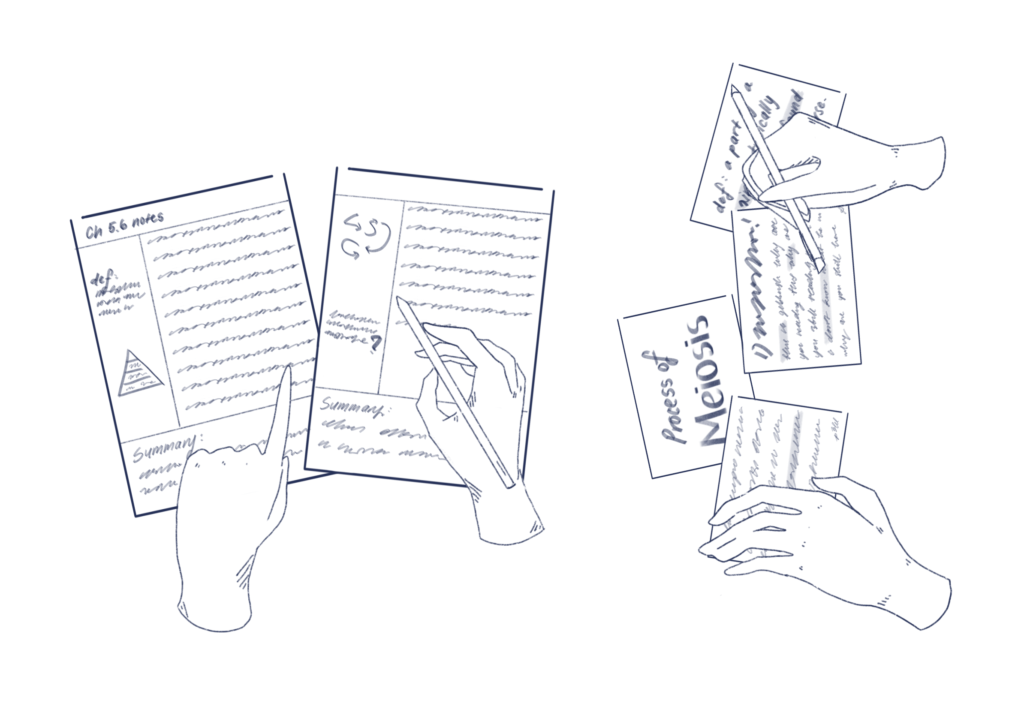As a student with terrible memory and notes of oscillating quality, I often struggle with remembering all of the niche information present in my homework readings.
Since the start of my junior year, many of my classes have implemented daily quizzes to test us on what we’re reading. Personally, I find these quizzes to be helpful for clarifying whether my work is meeting the expected standards.
That being said, daily quizzes have a severe downside: They run the risk of dropping my grade, possibly by a whole letter.
In my view, teachers should keep giving daily quizzes. Instead of making them so grade-heavy, however, they should just be used to check if the quality of your notes prepares you well enough in the big picture: whether that is a future unit test or the AP test. Testing niche topics not related to the unit content doesn’t help students much in the long run.
In AP Calculus BC, one of the more challenging classes in the school’s curriculum, for example, finding the correct answer is seldom the difficult part of taking tests. Instead, I find it a struggle to know how much work is an appropriate amount of work to show, and whether the work I provide is satisfactory — to the teacher or to “the general community,” as my teacher, PJ Yim, likes to say.
This is why I propose for daily quizzes to be given for a lower percentage of a student’s grade — almost like a homework check — effectively enhancing the assignment’s central purpose.
Simply stated, daily quizzes should be used to check if we did the homework or as a way for us to self-assess students’ understanding of certain material. We should leave dropping-my-grade-down-a-letter to actual tests instead. If daily quizzes were worth fewer points, then I could spend my time focusing on actually doing the homework rather than memorizing all of the information into my short-term memory.
The point of formative assessments — assessments presented during the course of learning — is to use them as checkups and ways to enhance future learning. By turning formative assessments into everyday summative assessments causes students to only memorize information, instead of learning about the content’s application and relationship with future course/unit material.
Instead of exacerbating the constant pressure for students to study for both bi-weekly tests and daily quizzes, daily quizzes should be tailored to a more check-in format in which students can self-evaluate their own work and understanding of key material.


























